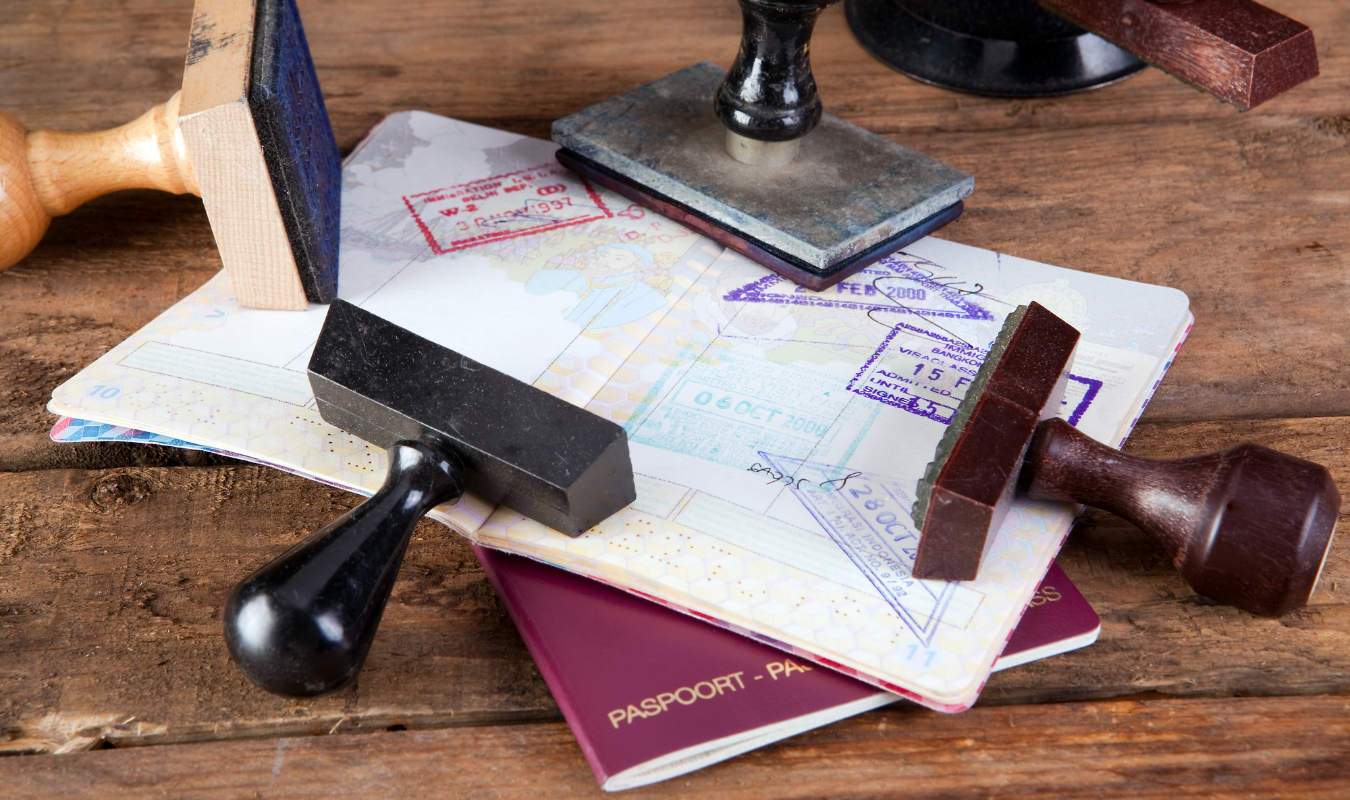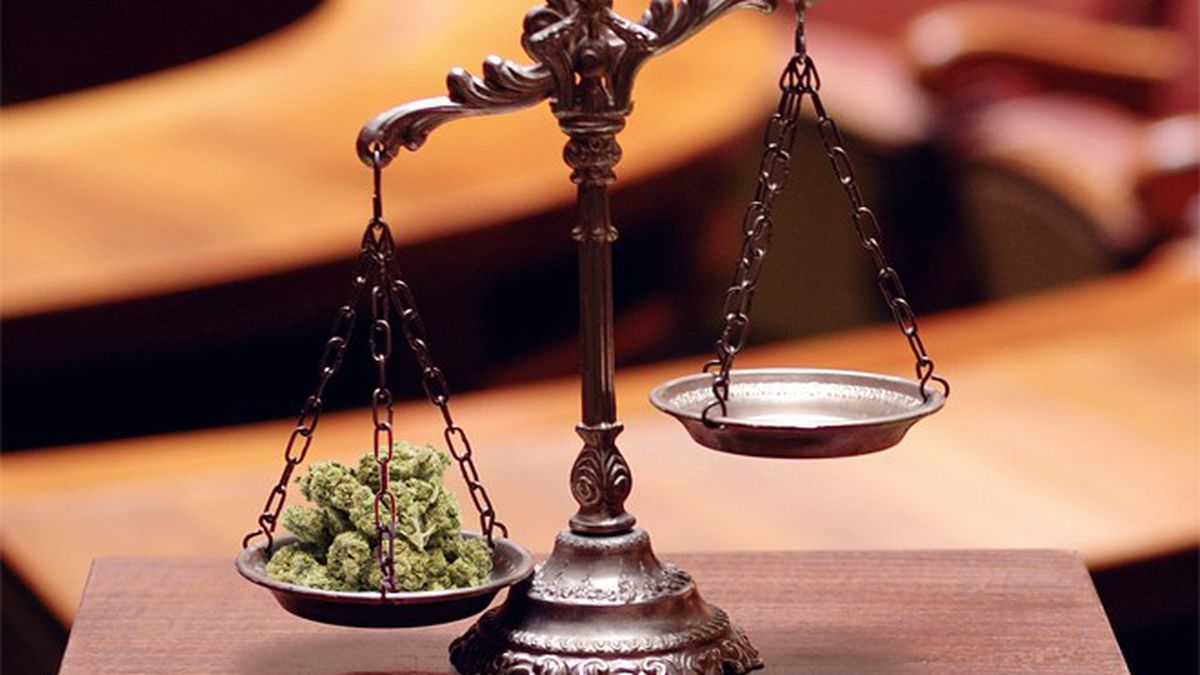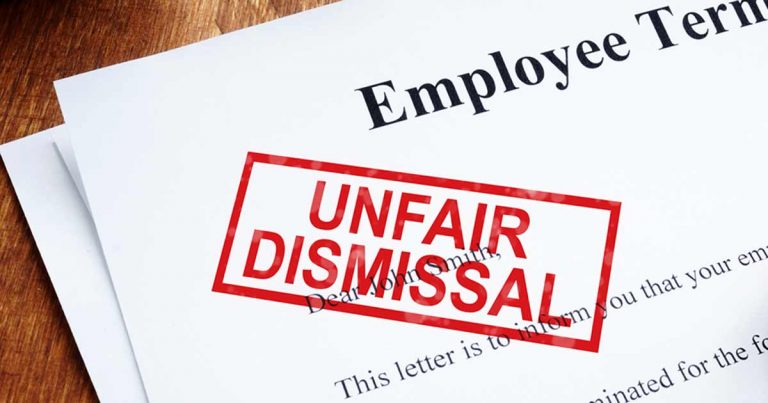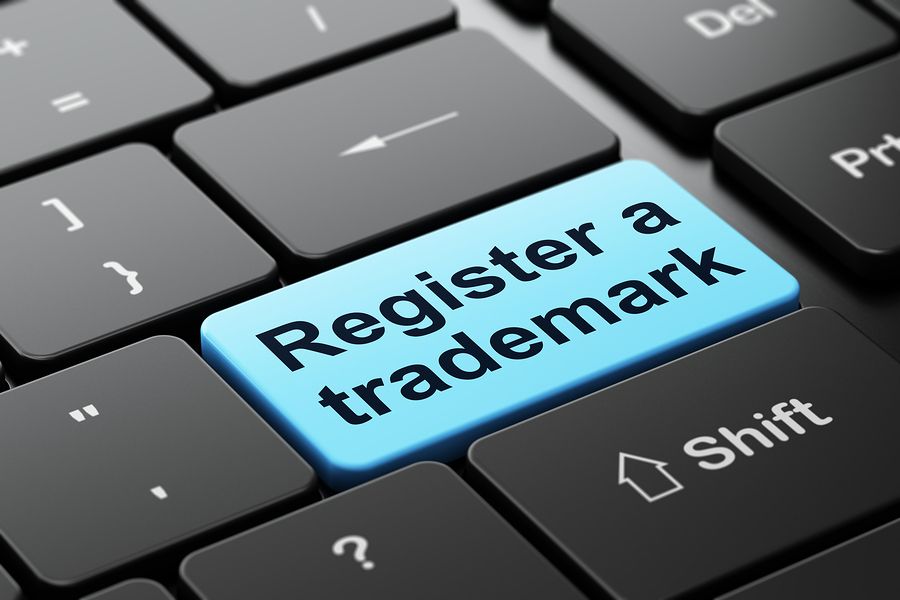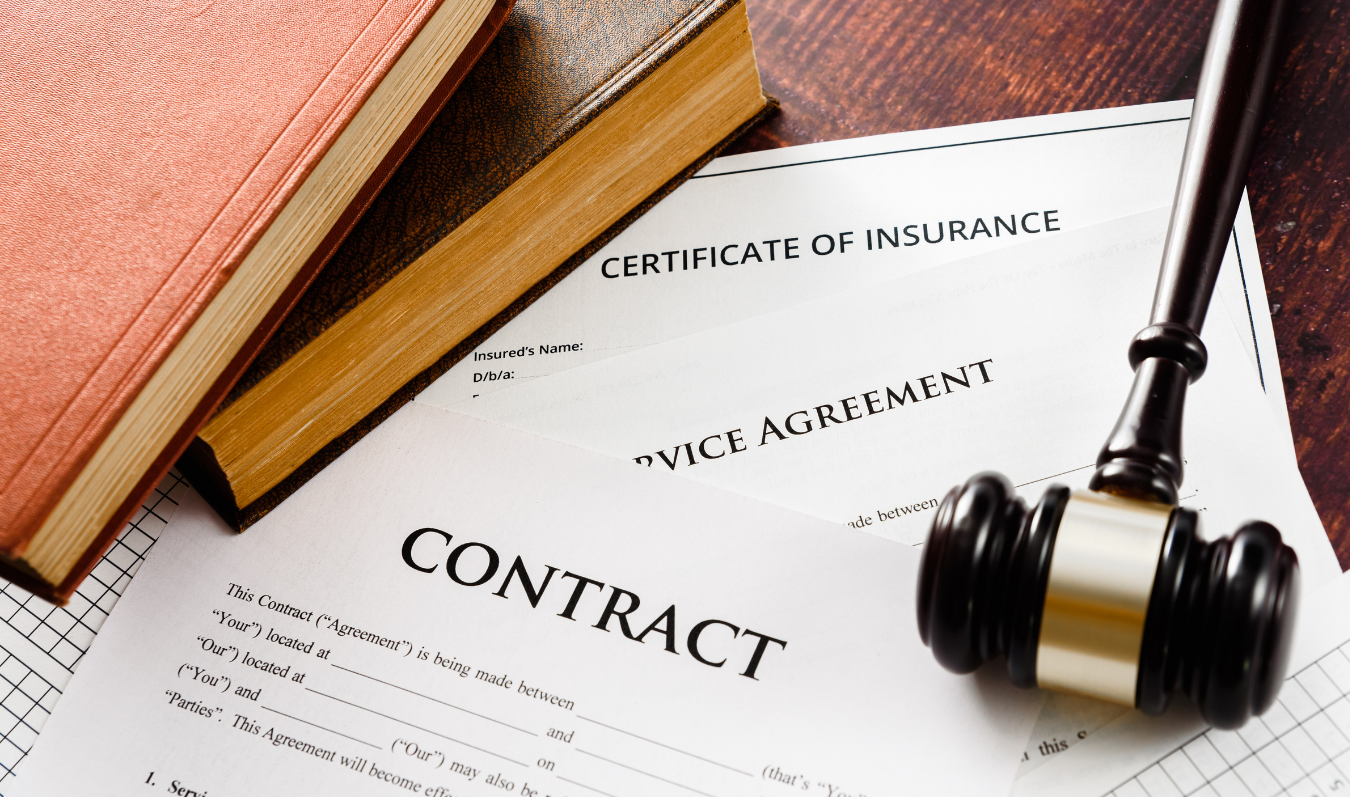In this blog post you can read some Frequently Asked Questions about immigration for Third-Country Nationals (TCNs) who would like to relocate to Malta for work. Malta as a country and economy has exceeded it’s expectations in the past ten years and there has been an increasing demand for foreign workers to fill the lack of local workforce.
How can one find work in Malta?
There are many reputable companies who need constant workers, most of these being in the catering and hospitality industry, as well as in the construction and manual work sectors. There are also a number of service industries that require skilled people such as doctors, nurses, accountants, clerical positions and similar professions. If you are a qualified individual you need to ensure that your qualifications meet the right standards.
How can I apply for work in Malta?
The procedure to apply for work in Malta for TCNs is called the Single Work Permit application. You need to either apply through the company that will employ you or through a reputable agency. When applying with an agency make sure to understand if you are going to work with this agency directly and be subcontracted, or whether you will be employed directly with a specific company.
What is the procedure to apply for the Single Work Permit?
The employer/agency will apply for you on a still abroad basis. The application is straightforward and you need to follow the form and attach relevant document. Normally the employer will prepare this information form and submit to obtain an Approval in Principle letter.
What is the next step?
Your next step is to apply for a Visa in order to travel to Malta and start your employment. This application is normally split into two phases: paperwork submission and interview. Each Consulate or Embassy have their own requirements to apply for a working Visa in Malta.
What happens when I arrive in Malta?
Once in Malta, you need to fulfil the final steps to complete the conditions of your work permit application and obtain the Maltese Residence Card. The work permit and residence card will be valid for one year. It is important that during the first weeks in Malta and beyond you ensure that:
- You are correctly registered with Jobsplus
- You are getting a payslip every month
- You ensure that your National Insurance contributions are being paid by your employer
- You are getting the correct amount of leave and overtime rates
- You are being given an FS3 (your annual statement of earnings)
- You are not terminated without being informed or given advance notice to find a new job.
What about renewal after one year?
At the tenth month of your stay, you will need to prepare the paperwork for the renewal of your work permit. This process is not complicated however it is important to be done on time as often residence card permits are rescidended on administrative manners by way of oversight.
Sciberras Advocates work practice is limited to appeals at the Immigration Appeals Board or written requests to Principal Immigration Officer to overturn bans and challenge removal orders. More information about immigration services can be found here: https://sciberras.legal/practice-areas/immigration-law/ or contact us directly to speak to one of our immigration lawyers.
This article is for information purposes only and should not be construed as legal advice.
Article written by Ms Charlene Sciberras, B.A. (Hons), guest writer, is a marketing and business administration specialist with a special focus on corporate, accounting, and legal matters.
Sciberras Advocates founded by Dr Adrian Sciberras, is a law firm based in Malta. The firm prides itself to be multi-disciplinary, innovative and flexible in order to meet the changing times and any challenges in the local and international legal scenario. No matter what private or corporate complex demands are called for, Sciberras Advocates offers practical and cost-effective legal solutions to achieve your desired results. You may reach Sciberras Advocates by phone on +35627795222 or via email on [email protected].

